Description
Our Guatelmala Atitlan Nahuala is a Fairtrade Certified, medium bodied coffee with a dry, “winey” richness and a black pepper aroma.
The Region
Santiago Atitlan sits next to Lake Atitlan, the most picturesque area of all Guatamala and perhaps the world. The lake is surrounded by mountains, three of which are volcanoes: San Pedro, Tolliman and Atitlan. It is on the southeastern ridges of the San Pedro Volcano that the Santiago Atitlan coffee is grown. Santiago is a Tzuthil- Mayan Indian village of about 28,000. All of the coffee grown here is farmed by these native farmers. Each day they must hike from Santiago up the south side of San Pedro Volcano to work their small plots of land, usually 1 to 2 hectacres. This hike takes 1 to 2 hours, and during harvest time the 110 pound sacks of coffee cherries are carried down the mountain on their backs to sell each day.
Santiago is colorful, as the men and women still wear the traditional native garments, the fabric is all hand woven and hand embroidered in the most brilliant and beautiful colors.
The People
By the time they are seven years old, the children begin to learn what their adult roles will be. The boys begin going to the coffee fields with their fathers or one of the village elders to learn their future responsibilities. The girls wake at 5:00AM with their mothers and grandmothers to take the day’s corn to one of the little mills in the town to be cracked and milled for use in making tortillas and soups.
Several times a week they help carry loads of clothes down to the lake where you can see rows of women and girls doing the laundry. From the late 1970’s through 1990 this area was ravished by guerrilla warfare and many of the inhabitants of Santiago lost their lives. In December of 1990 22 members of the community were massacred on the road just outside of Santiago. Today our growers group and their families still provide for the widows and orphans from this massacre.
Illiteracy is high in this area, some 70 to 80% of the people here are unable to read. The elementary school has been closed due to neglect and lack of funds for teacher salaries and materials. A program sponsored by the exporter, Beans for Books, is attempting to change this situation by reserving a portion of the net income of coffee exports to go directly to the rebuilding of the school and the purchase of books. While the exporter provides the funding, it is the farmers and their families that are rebuilding the school, giving them ownership of their children’s future.
Running water, telephones, and electricity are luxuries that are very rare in Santiago. In 1993, Coffee Kids established a “Women’s Entrepreneurial Project” in Santiago, making micro loans to those women who were credit worthy or who either had or wanted to start a small business. The program has taught them about record keeping, banking, and saving for the future. The program has helped to provide more income for these women and their families.
Guatemalan Coffee
The coffee is certified organic shade grown and is mostly old Arabica Bourbon trees. The whole are is a tropical mountain jungle with dense cover. Our coffee grows within this jungle canopy among the indigenous flora and fauna of the steep mountain slopes.
Over the years the growers group has worked to improve pruning techniques, learn and implement active composting practices, picking only the ripe cherries and developing quality control measures and standards. At the wet mill patios have been repaired and increased to handle the growth of production. These efforts combined have created this unique coffee. The beans are classified as Strictly Hard Bean, the highest classification of coffee beans from Guatamala. They produce a roast of medium body, a dry crispness and distinctive spicy, peppery aromas characteristic of a great Red Zinfandel wine.
The Café Femenino Guatemala Program began in 2005 when women coffee farmers first organized in order to receive fair compensation for their essential role in Guatemala’s coffee industry. Despite initial barriers including an ingrained cultural stigma against women meeting without men, the women have worked tirelessly to grow Café Femenino Guatemala.
Guatamala’s Coffee
- Botanical Species: Arabica. Very small quantity of washed Robusta on the Pacific Coast.
- Botanical Varieties: Arabigo. Bourbon. Typica. Maragogype.
- Origin and History: Introduced by the Jesuits in 1750. The cultivation was developed by the Germans who immigrated after 1860.
- Caffeine Content: 1.32%
- Exportation: 3,581,703 bags
Citations
“The Coffees Produced Throughout The World” by Philippe Jobin
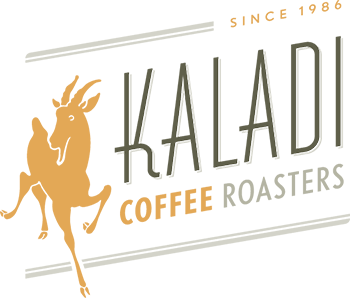
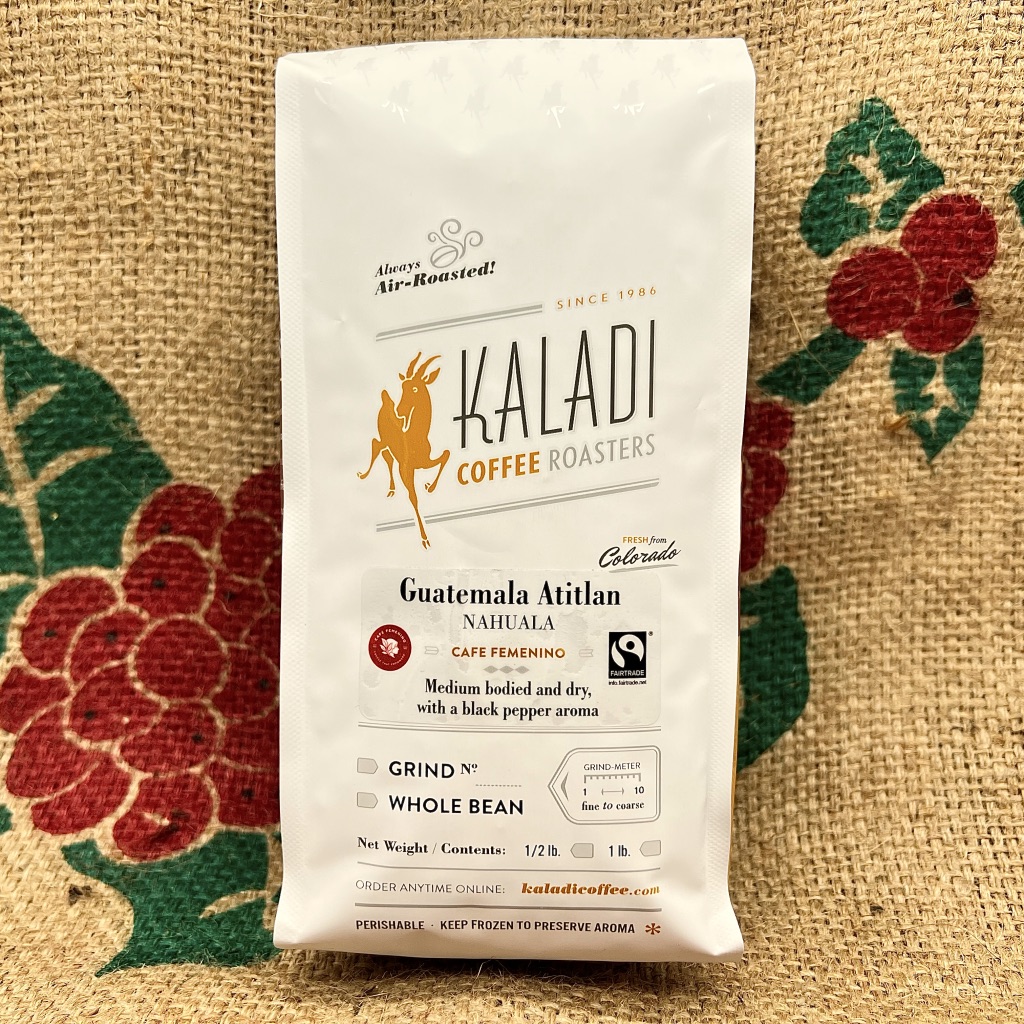
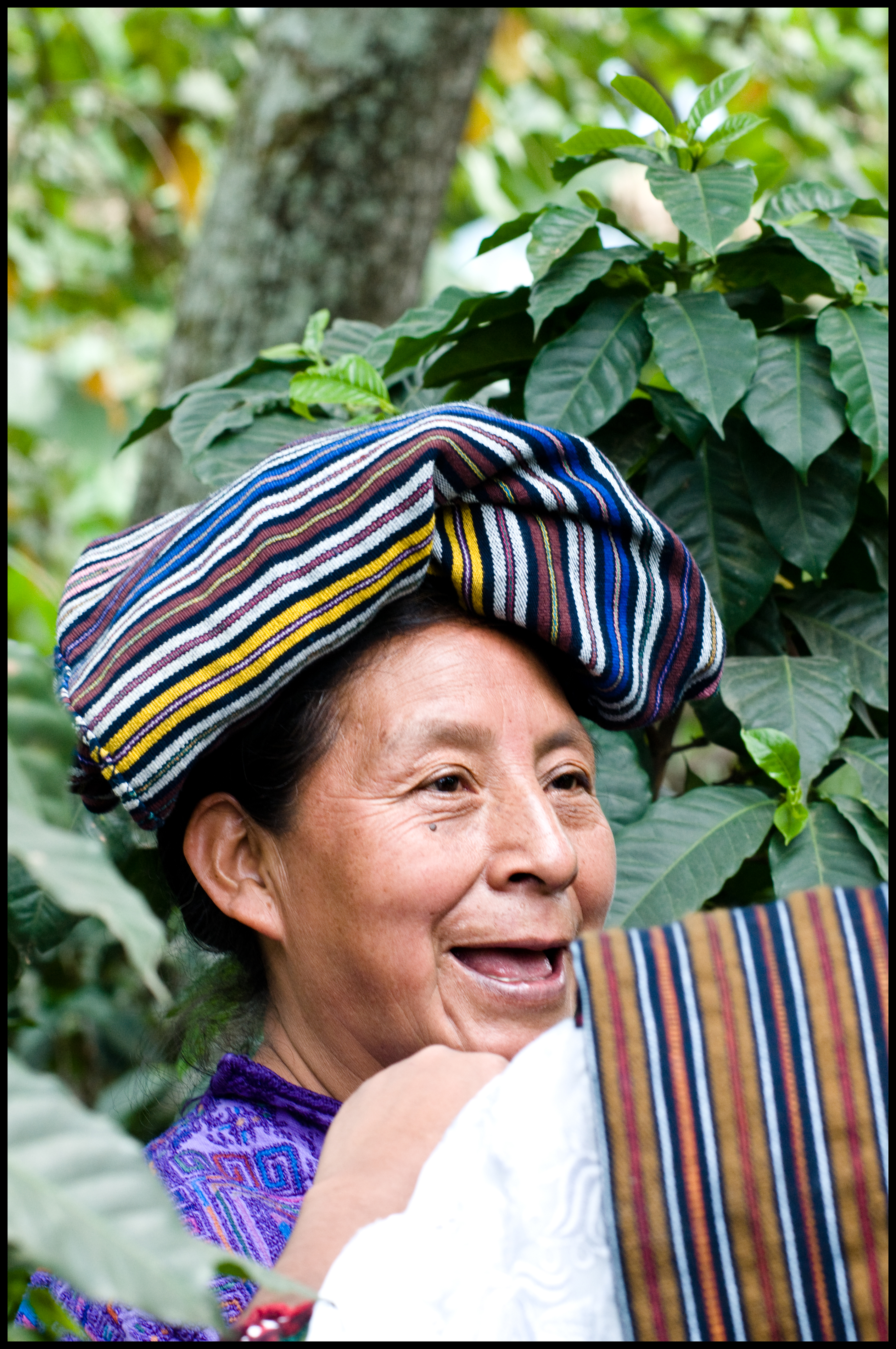
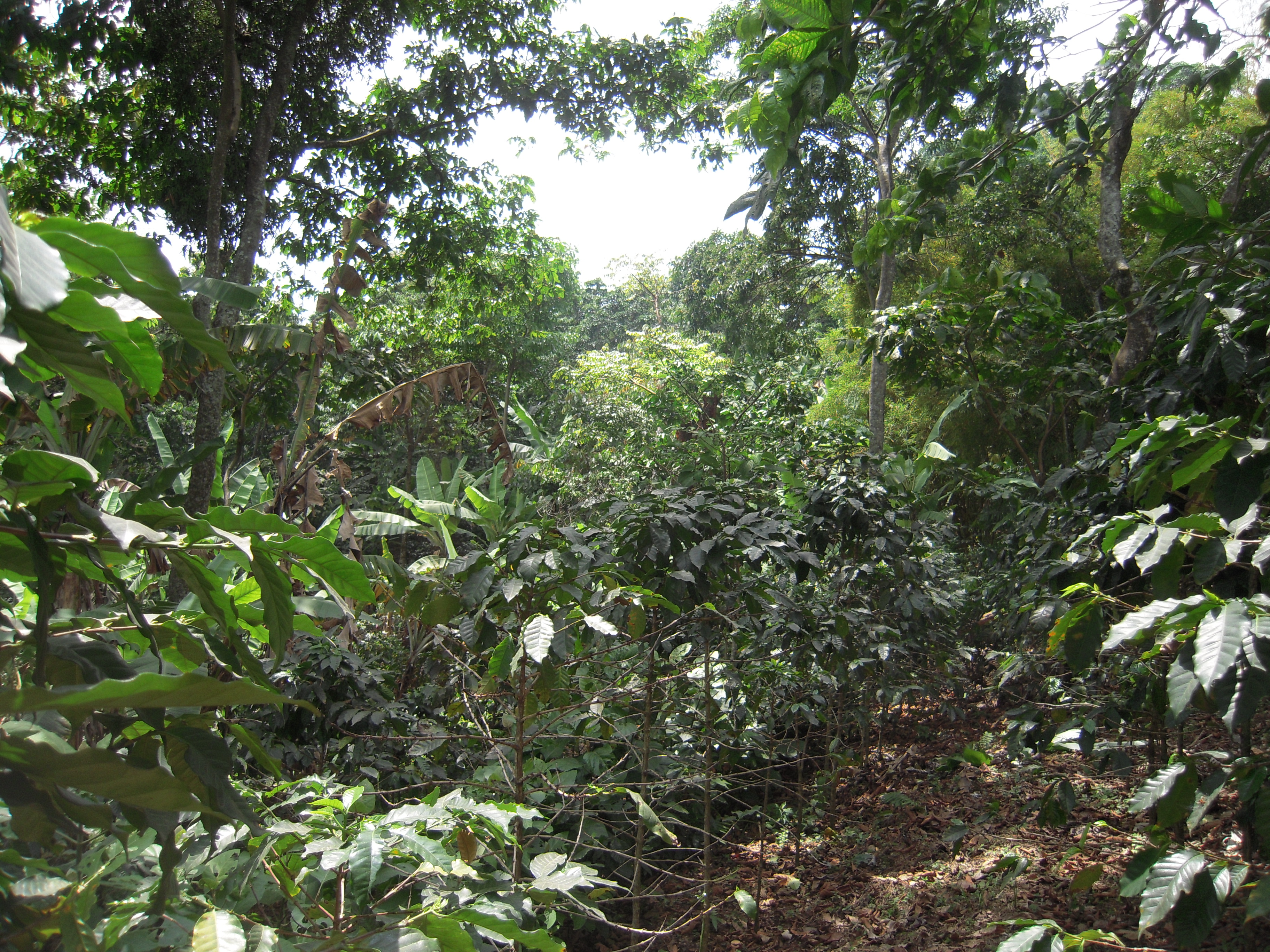
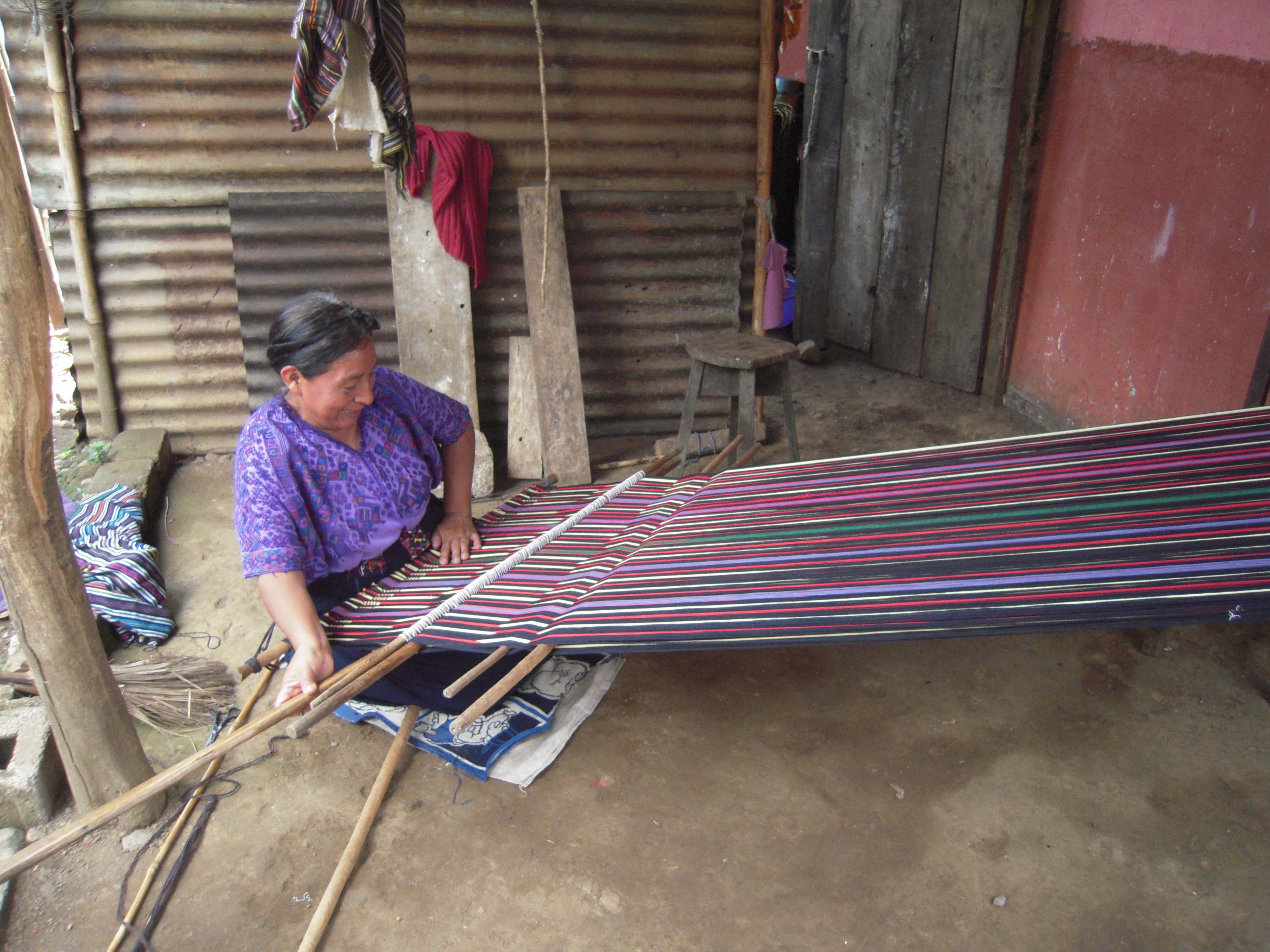
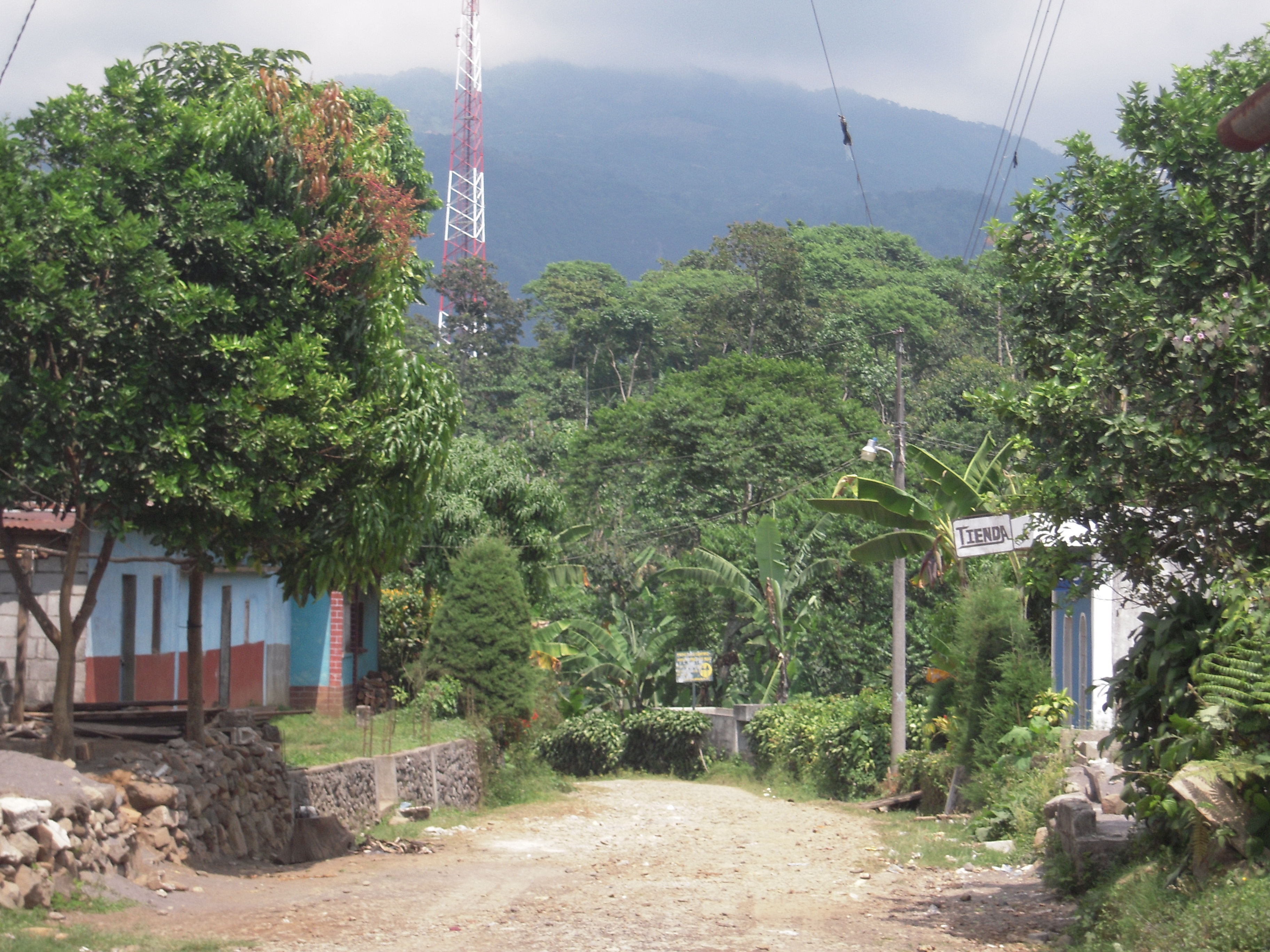
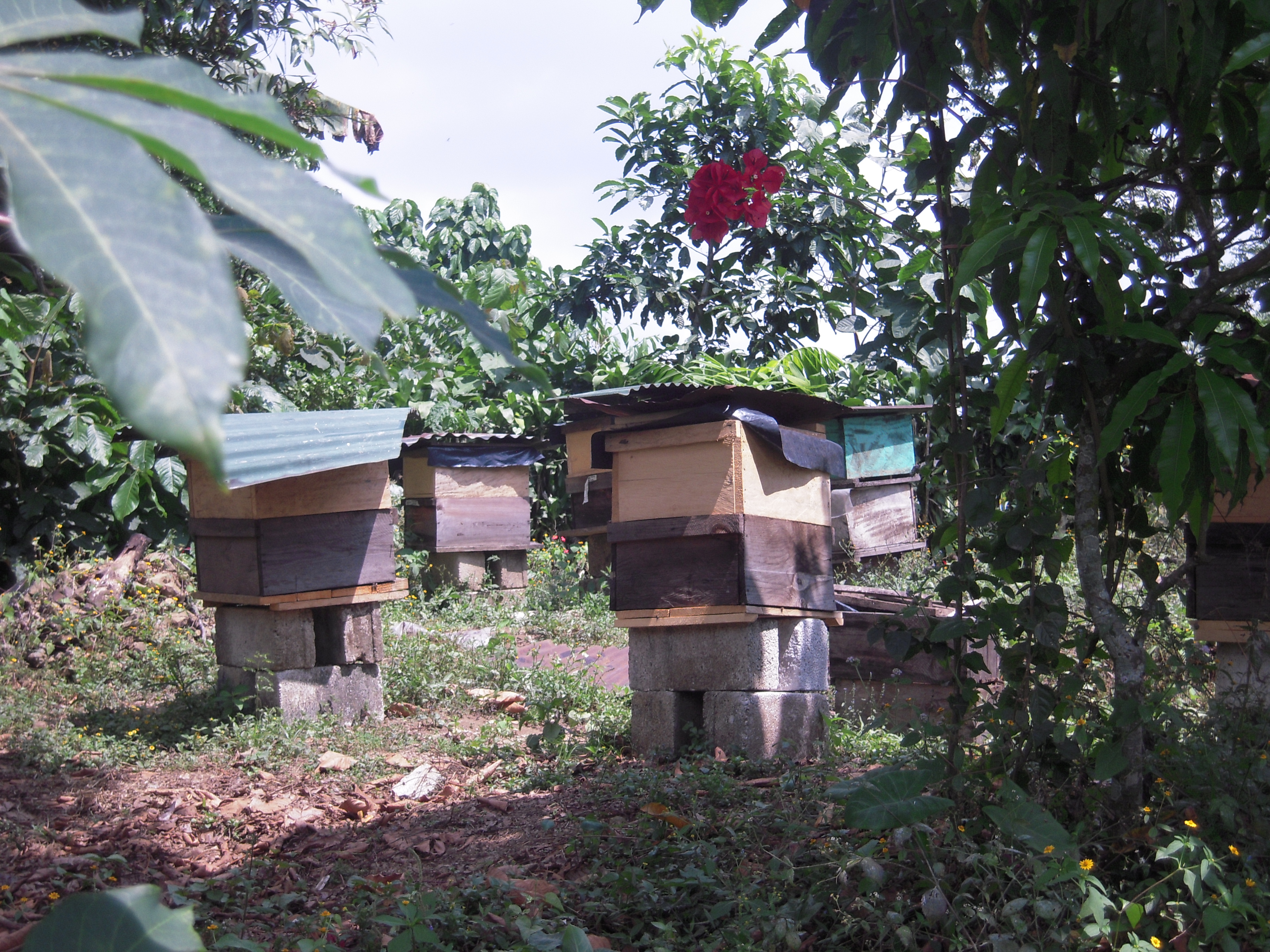
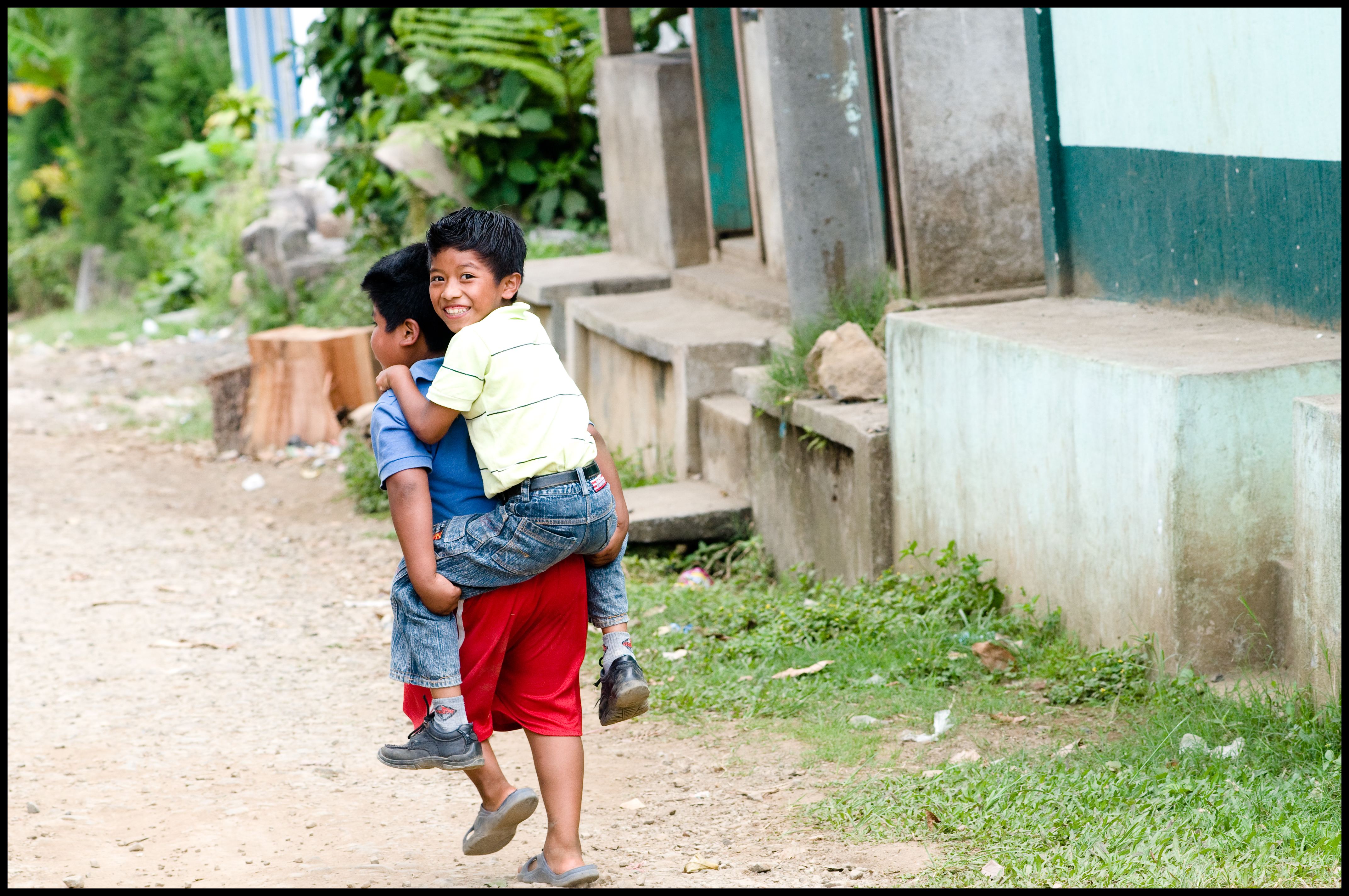
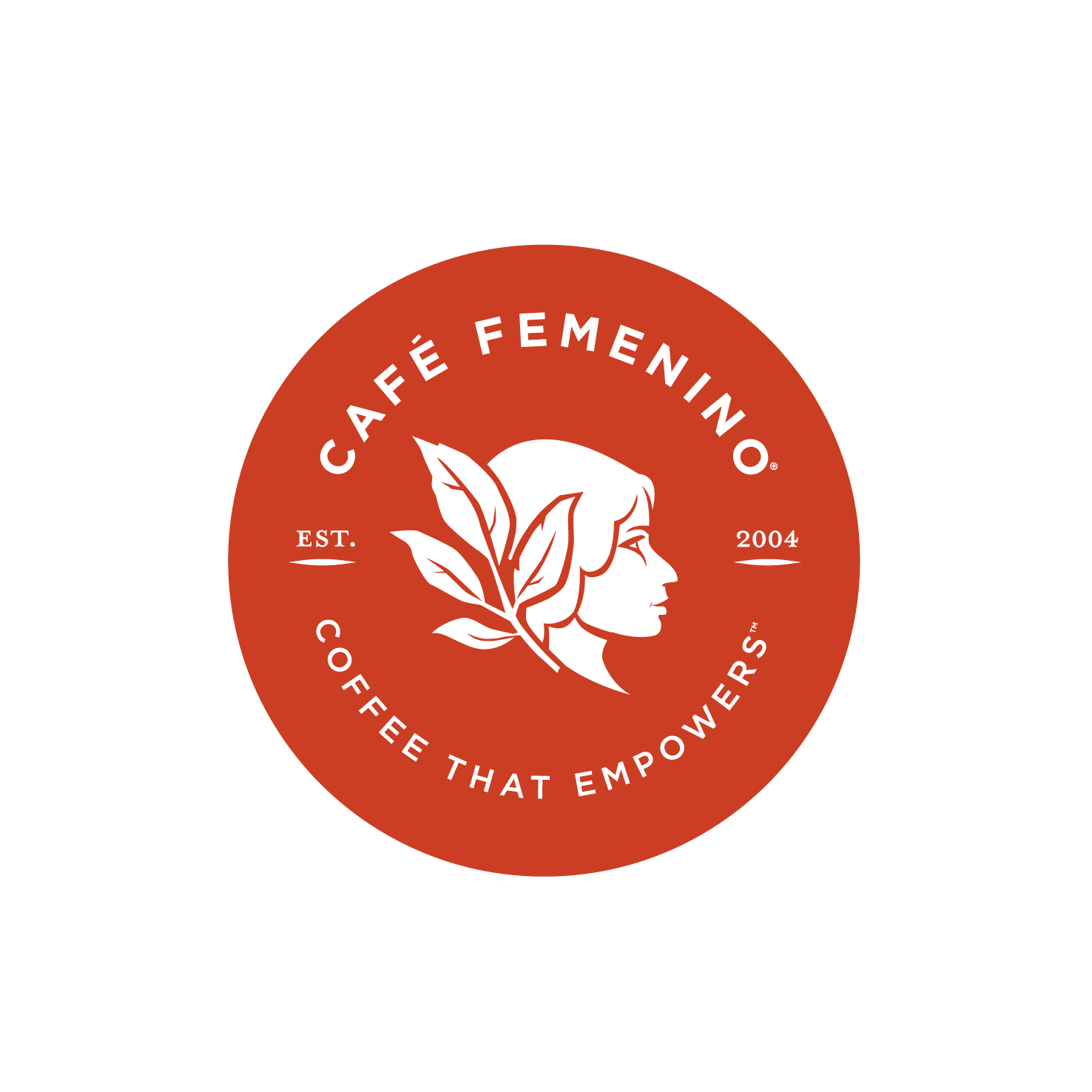

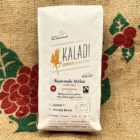
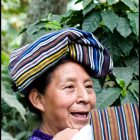
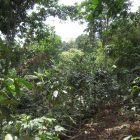
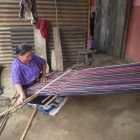
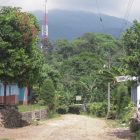
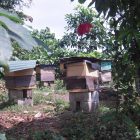

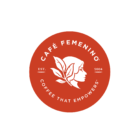



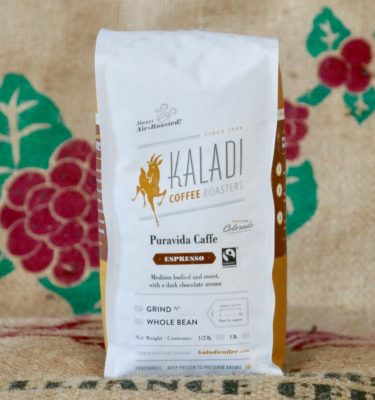
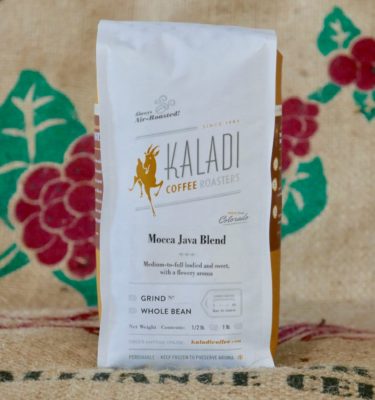

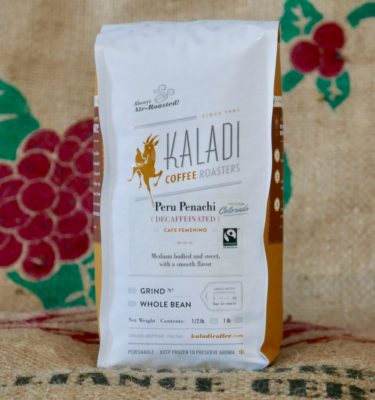
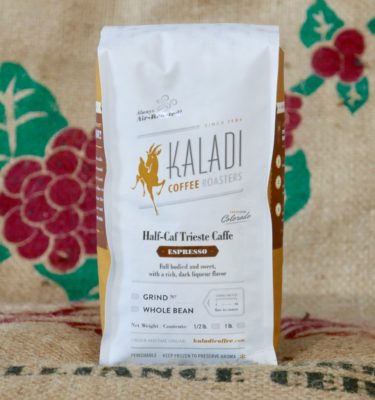
Jamie Hunter (verified owner) –
Have been through the majority of Kaladi coffees and landed on this one years ago after the Ethiopian changed.
Rich, bold, but smooth is how I would characterize it.
Others may disagree, but we mix 50/50 with Decaf Trieste in the French Press to lower the caffeine jitters but is amazing.
Teresa Woidneck (verified owner) –
First time I tried this the barista recommended it. I have ordered others, but tend to gravitate towards this one as a favorite. We use in espressos, drip pour over and French press. No matter how you prepare it, it’s smooth and easy to drink. Definitely a favorite in our household.
Sandra Grill (verified owner) –
Although I enjoy and love several of the Kaladi coffees, ordering a variety
regularly, this is my favorite. As a bonus, I feel GREAT supporting the women who grow this coffee sustainably, and organically. This helps these women financially and helps the planet.
As for the coffee’s taste, it is rich, nutty and smooth. Always roasted fresh and I know this by the consistent bloom in my French Press.
jake.knigge (verified owner) –
This coffee’s dry-yet-refreshing taste is tough to be beat—I haven’t come another coffee that compares to it. It is smooth with (subtle) nutty flavor (like a lot of South American coffees). I’ve made it in an Aeropress, French press, and Chemex; I’d say the Aeropress and Chemex are my favorites for doing this coffee justice.
Shelley Vereen (verified owner) –
A beautiful coffee indeed! I was introduced by a friend wielding an Aeropress and it was the smoothest, best balanced coffee I’d ever enjoyed. I’m grateful to the excellent growers and to Kaladi for making this gem available to us.